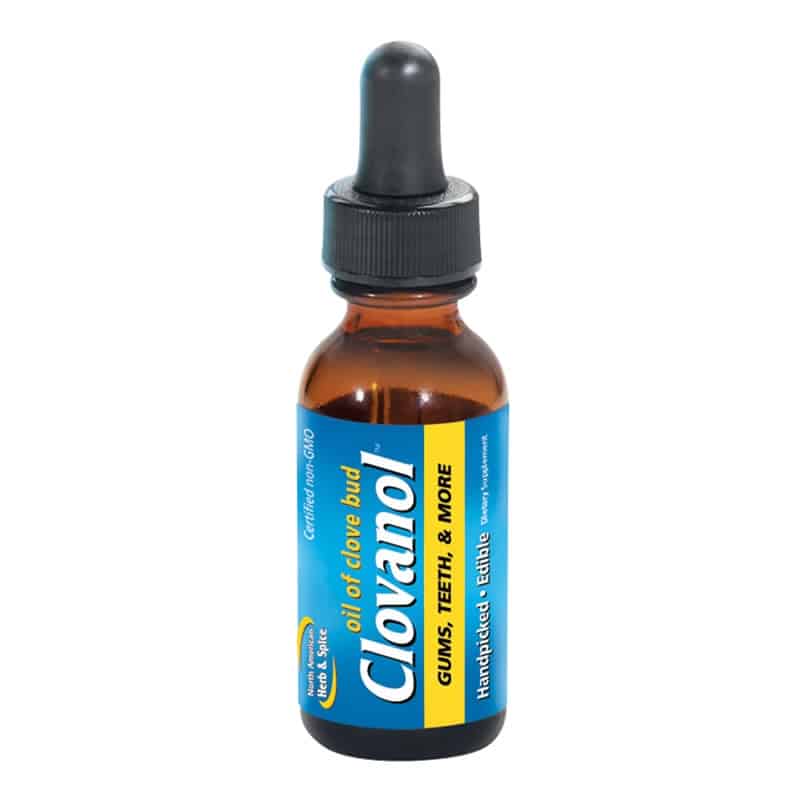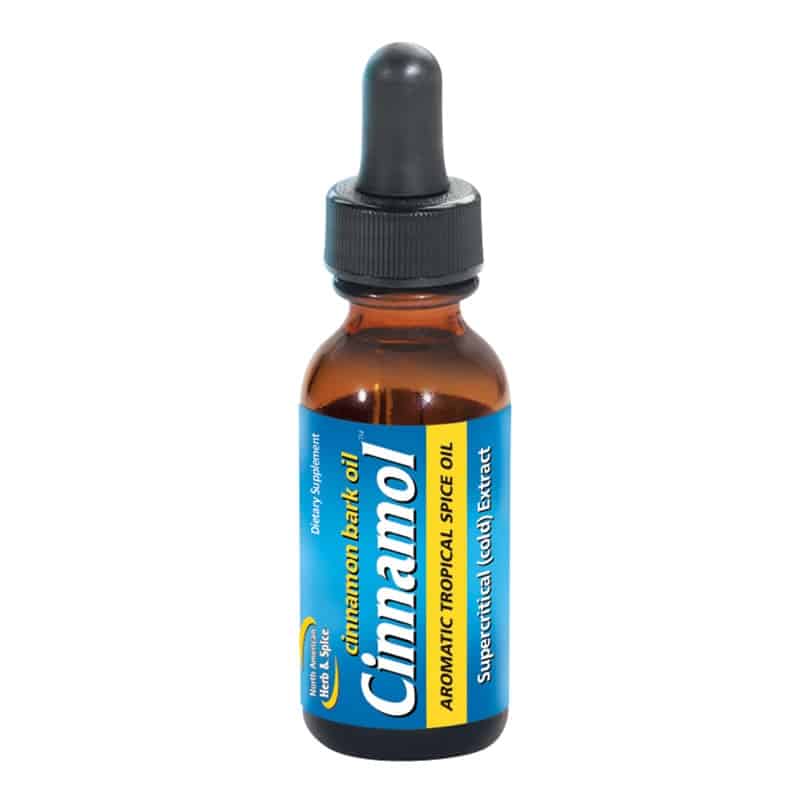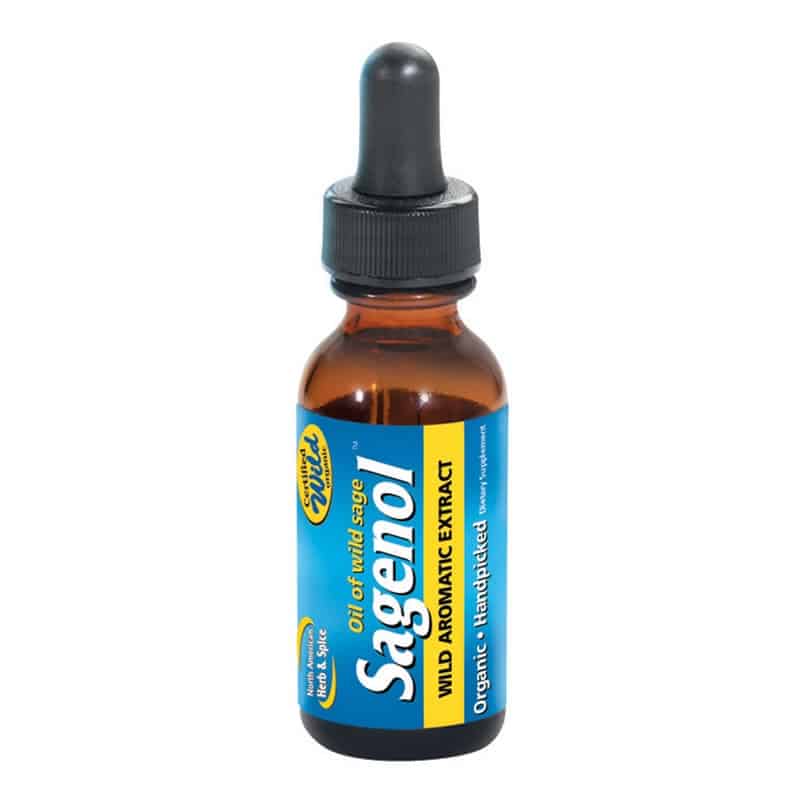No products in the cart.
Cloves
Caryophyllus aromaticus, Syzygium aromaticum, Eugenia caryophyllata
Ancient Chinese medicinal spice. Traditionally used for ringworm and parasites, physical and mental fatigue, colds and flu, to improve breathing, strengthen the uterus and reduce nausea. Antibacterial. Ethereal Oils Eugenol, Acetoeugenol, Eugenyl Acetate, Caryophyllene, d-cadinene. The clove is an evergreen tree, 15 to 30 feet tall, native to the Spice Islands and the Philippines but also grown in India, Sumatra, Jamaica, the West Indies, Brazil, and other tropical areas. It has opposite, ovate leaves more than 5 inches long; and its flowers, when allowed to develop, are red and white, bell-shaped, and grow in terminal clusters. The familiar clove used in the kitchen is the dried flower bud. The fruit is a one- or two-seeded berry.
Japanese researchers have discovered that like many spices, clove contains antioxidants. Antioxidants help prevent the cell damage that scientists believe eventually causes cancer. On the other hand, in laboratory tests, the chemical eugenol, has been found to be a weak tumor promoter, making clove one of many healing herbs with both pro- and anticancer effects. At this point, scientists aren’t sure which way the balance tilts. Until they are, anyone with a history of cancer should not use medicinal amounts of clove.
Clove oil is antibacterial, antimicrobial, antiseptic, and germicidal. It is a good oil for the prevention of disease and infection. The volatile oil is a powerful analgesic. Cloves are very hot, energizing aromatics. When of good quality they are fat, oily, and dark brown in color, and give out their oil when squeezed with the fingernail. When a pale color and dry, they are of inferior quality and yield little oil. Clove stalks are said to be stronger and more pungent than the cloves. The powdered stems are often sold as pure powdered cloves.
The most stimulating and carminative of all aromatics; it is given in powder or infusion for nausea emesis, flatulence, languid indigestion and dyspepsia, and used chiefly to assist the action of other medicines. Cloves are considered to promote circulation in the lungs and the stomach. Clove oil is very warm to the system, and is very useful with people who have cold extremities. Cloves will promote sweating with fevers, colds and influenza. Herbalists use cloves to promote fluid flow in the lymph system. It is a strong germicide, a powerful antiseptic, and has been used with success as a stimulating expectorant in phthisis and bronchial troubles. Fresh infusion of cloves contains astringent matter as well as the volatile oil. If distilled with water, salt must be added to raise the temperature of ebullition and the same.







